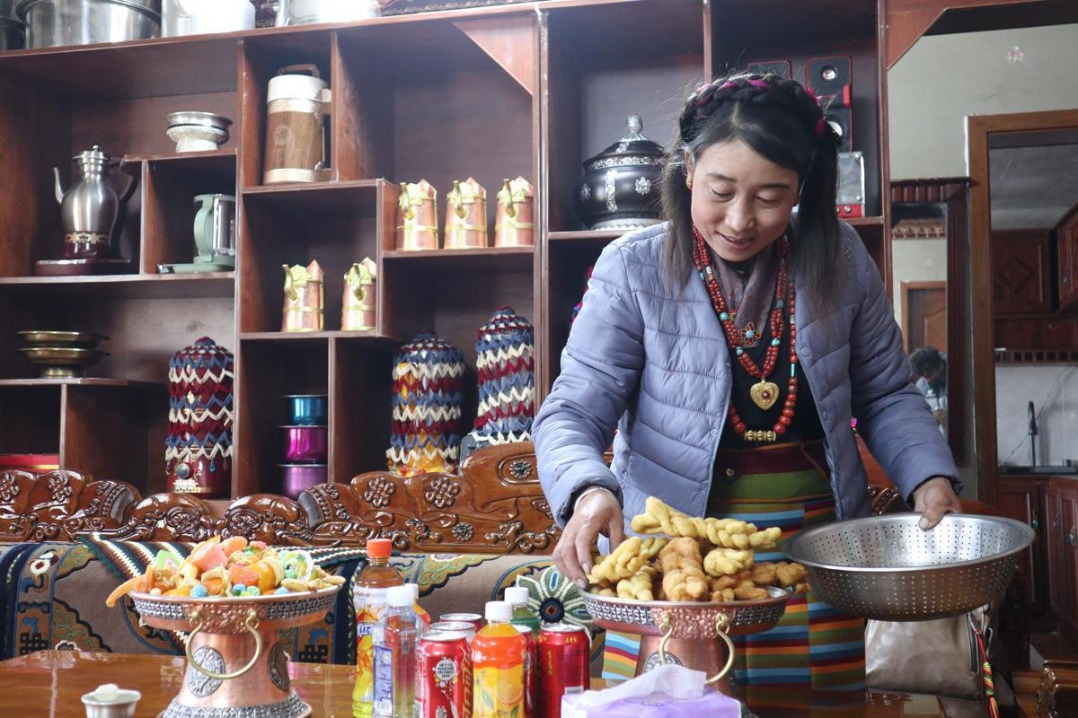Friendly neighborhood vital to China, Japan, ROK

Enterprises can hardly decouple
Japanese companies operating in China have gradually accepted the concept of a supply chain named "In China, For China", which means that products are made and sold in China. On the other hand, Tokyo has announced the "China Plus One" strategy which is aimed at relocating its sunset industries from China to other countries in a bid to reduce Japan's "over-dependence" on China where the cost of production has gone up significantly due mainly to a shortage of skilled workers.
Those Japanese companies that joined the "In China, For China" supply chain have benefited from China's development and got high returns on their investments, thanks to the complementary advantages of the two countries' innovative development models.
Chinese enterprises are good at breakthrough innovation, which can be revolutionary but short-time, while Japanese enterprises are good at cumulative innovation, and their labor markets, financial systems and manufacturing networks are different because of their structural institutional differences. Yet they can still deepen their win-win cooperation by taking advantage of the international division of labor in high-end industries.
Besides, with the intensification of US-China rivalry, Japan has increased investment in Southeast Asian countries. Despite that, Japanese companies operating in Southeast Asia have been purchasing more intermediate products from China due to the latter's industrial upgrading, which has helped Chinese enterprises maintain close contact with developed countries' markets.
Against the backdrop of China-US rivalry, some cutting-edge technology sectors such as semiconductor, artificial intelligence and quantum computing in China and Japan may decouple, but multinational companies are unlikely to take sides, given China's advantages in intermediate products manufacturing.
Further, high-level trade agreements including the Comprehensive and Progressive Agreement for Trans-Pacific Partnership are expected to remove many trade barriers, optimize the institutional environment, lessen geopolitical risks and boost China-Japan cooperation.
Ding Ke, a senior researcher at the Institute of Developing Economies, Japan External Trade Organization


































